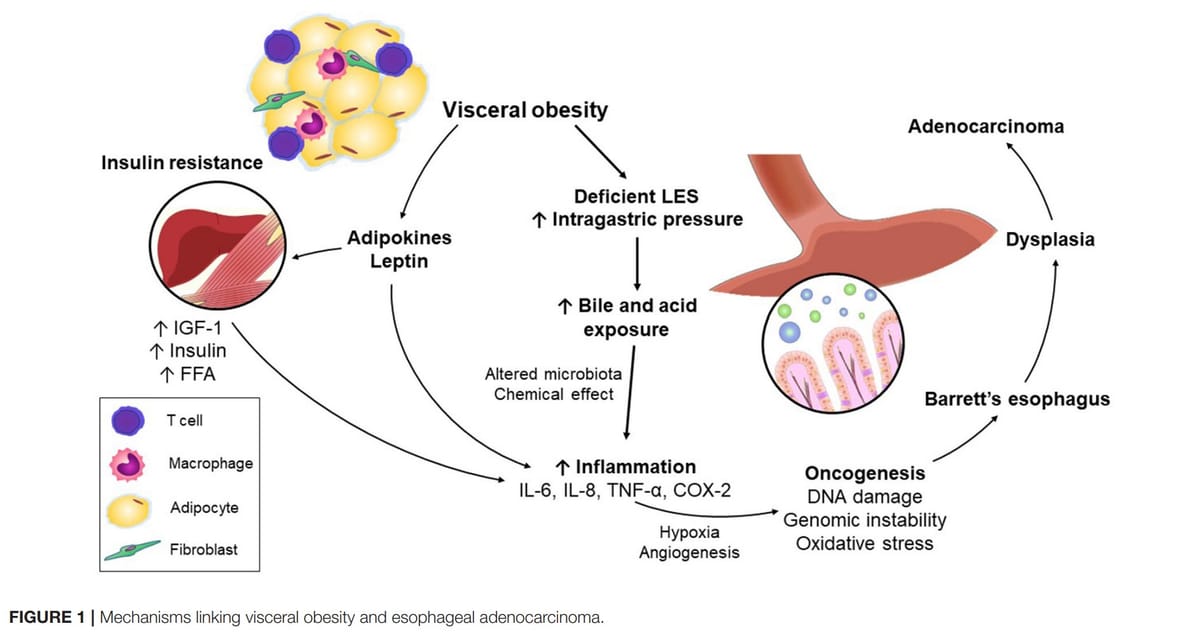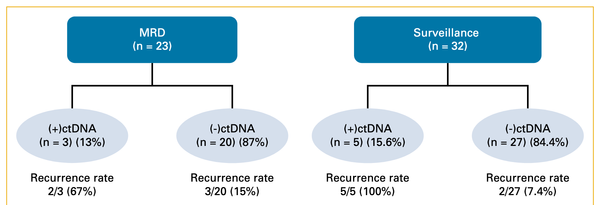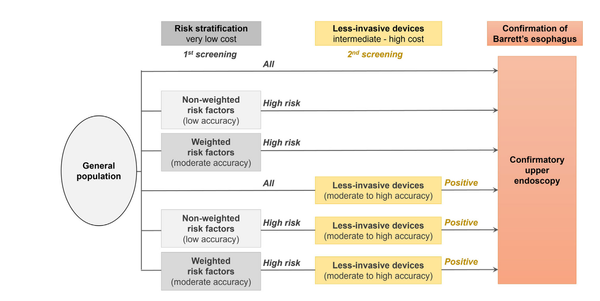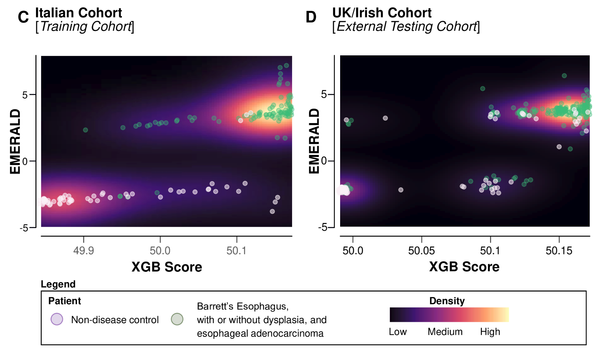Visceral obesity and esophageal cancer
In this remarkably thorough review, Drs. Elliott and Reynolds summarize the evidence for and potential mechanisms underlying the association between visceral obesity and esophageal adenocarcinoma.

Front Oncol. 2021 Mar 12;11:627270.
doi: 10.3389/fonc.2021.627270. eCollection 2021.
PMID: 33777773 PMCID: PMC7994523
Visceral Obesity, Metabolic Syndrome, and Esophageal Adenocarcinoma
Jessie A Elliott, John V Reynolds
Abstract
Esophageal adenocarcinoma (EAC) represents an exemplar of obesity-associated carcinogenesis, with a progressive increase in EAC risk with increased body mass index. In this context, there is increased focus on visceral adipose tissue and associated metabolic dysfunction, including hypertension, diabetes mellitus and hyperlipidemia, or combinations of these in the metabolic syndrome. Visceral obesity (VO) may promote EAC via both directly impacting on gastro-esophageal reflux disease and Barrett's esophagus, as well as via reflux-independent effects, involving adipokines, growth factors, insulin resistance, and the microbiome. In this review these pathways are explored, including the impact of VO on the tumor microenvironment, and on cancer outcomes. The current evidence-based literature regarding the role of dietary, lifestyle, pharmacologic and surgical interventions to modulate the risk of EAC is explored.




